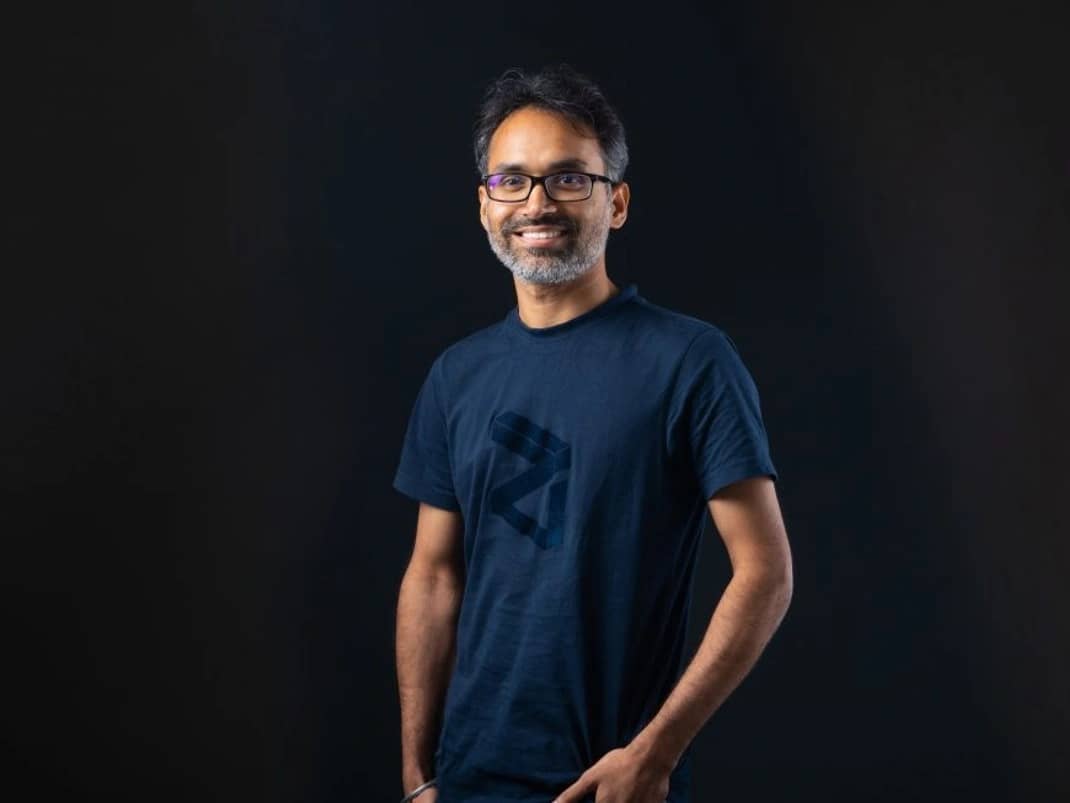Subscribe to wiki
Share wiki
Bookmark
Amrit Kumar
The Agent Tokenization Platform (ATP):Build autonomous agents with the Agent Development Kit (ADK)
0%
Amrit Kumar
Amrit Kumar is the co-founder, former president, and CSO of Zilliqa, a blockchain platform addressing traditional blockchain scalability issues. After resigning from Zilliqa, he became the Chairperson of Binarii Labs and the Chief Operating Officer of Alt Research, developers of the AltLayer protocol. [1]
Education
Kumar graduated from the National School of Computer Science and Applied Mathematics of Grenoble with a Master’s in Cryptography in 2013. He then earned his Ph.D. in Computer Science from Universite Grenoble Alpes in 2016. [1]
Career
While studying for his Master’s, Kumar was an intern at Michelin, a tire manufacturer, and a research intern at Inria, the French national research institute for digital science and technology. After receiving his Ph.D., he became a visiting research scholar at the University of Calgary for four months before joining the National University of Singapore as a research fellow in November 2016. [1]
Zilliqa
During his research fellowship at NUS, Kumar worked with his advisor, Prateek Saxena, on figuring out how to turn their ideas of sharding into a commercial property. [1][2]
“At the time, I was a postdoctoral researcher at the National University of Singapore, with Prateek Saxena as my advisor, who is also one of the co-founders of Zilliqa. He published a paper on sharding, essentially proposing a straightforward method of divide and conquer. The concept involves dividing the network into smaller groups to scale transactions efficiently. This paper was published in one of the world's top security conferences, co-authored with the CEO of Kyber Network, Loi Luu, who was a PhD student at the time in the same lab where I worked as a postdoc. We then assembled a team, including myself and Prateek, to implement this theoretical idea into a practical software system, which eventually became Zilliqa.”
In June 2017, Kumar co-founded Zilliqa alongside Max Kantelia, Prateek Saxena, Xinshu Dong, Dr. Yaoqi Jia, and Juzar Motiwalla. He served as the president and CSO for five years before stepping down. Though he isn’t a part of the Zilliqa team, he is still the Co-Chief Investment Officer of Rule72, formerly Zilliqa Capital. [1]
Binarii Labs and AltLayer
After leaving Zilliqa, Kumar became chairperson of Binarii Labs, a Web3 data security development company, in May 2022. In October, he became COO of AltLayer, a Web3 decentralized protocol. [1]
Interviews
About Zilliqa
In December 2021, Valkyrie Investments interviewed Kumar on Zilliqa’s origins and project developments. After sharing how the company got started, he discussed why they chose sharding instead of other scalability solutions: [2]
“Back then, EOS had just launched or was on the verge of launching, and there weren't many alternative solutions available. Most solutions focused on layer 2 (L2) scaling, with Ryden being one of them or soon to be launched. Additionally, most other chains primarily emphasized privacy, while many projects centered around applications such as indexes and lending protocols. We recognized two approaches to scaling: limiting network size to a smaller subset, as EOS did, or embracing a newer approach with around 10 to 15 nodes. However, we were determined not to compromise decentralization. With the groundwork laid by a paper written by Pratik and my advisor on sharding, we opted for a solution that allowed for scalability without sacrificing decentralization.”
He also shared his views on why blockchain is hard for the average user: [2]
“We recognized the complexity of blockchain usage, especially evident in decentralized finance (DeFi) applications today. Interacting with these applications often requires installing MetaMask, acquiring Ether, and navigating various protocols like Uniswap v3 and v2, which can be challenging for users. Even though we didn't have a specific application in mind at the time, we understood that successful blockchain applications would need to be more user-friendly and accessible to the average user.”
“We recognize the importance of enhancing the user experience for end-users. Until recently, most blockchain platforms focused primarily on attracting developers, neglecting the user experience aspect. While developers are crucial for building applications, many existing applications are primarily designed by developers for developers. This approach needs to change, and we are witnessing a shift towards prioritizing users in recent months. Discussions now revolve more around issues like high gas fees and user experience, marking a significant departure from the developer-centric focus of the past.”
See something wrong?
The Agent Tokenization Platform (ATP):Build autonomous agents with the Agent Development Kit (ADK)
